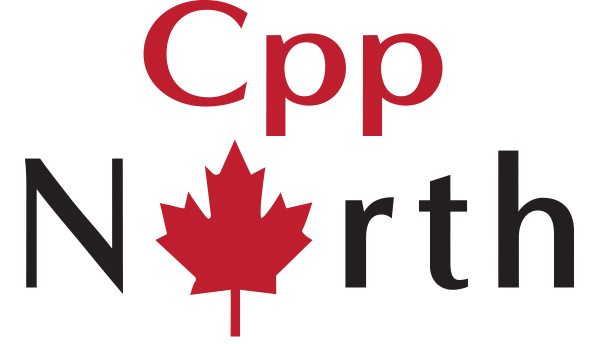CppNorth 2025 Sponsors
Gold
Video Sponsors

Andreas Fertig
<p>Andreas Fertig, CEO of Unique Code GmbH, is an experienced trainer and lecturer for C++ for standards 11 to 20.</p> <p>Andreas is involved in the C++ standardization committee, in which the new standards are developed. At international conferences, he presents how code can be written better. He publishes specialist articles, e.g., for iX magazine, and has published several textbooks on C++.</p> <p>With <a href="https://cppinsights.io/">C++ Insights</a>, Andreas has created an internationally recognized tool that enables users to look behind the scenes of C++ and thus understand constructs even better.</p> <p>Before working as a trainer and consultant, he worked for Philips Medizin Systeme GmbH for ten years as a C++ software developer and architect focusing on embedded systems.</p> <p>You can find Andreas online at <a href="http://andreasfertig.com/">andreasfertig.com</a>.</p>
<h3>2 days workshop</h3>
<h2>Abstract</h2>
<p>In this class, you'll dive into C++ and compare it to the language you already know and use, C.</p>
<p>The class is perfect for you if you're from an embedded environment transitioning from C to C++. Therefore we look only at constructs that are commonly used in constrained environments.</p>
<p>You'll first see some notable differences between the two languages. Yes, some old habits will have to go.</p>
<p>Next, you'll learn about the object-oriented part of C++, classes, and how they work.</p>
<p>This base is followed by various C++ features that make the language easy to use, such as range-based for loops.</p>
<p>There is also a section about dynamic memory management and what options you have in C++, assuming several constraints exist.</p>
<p>The final lesson is about a major part of C++, the Standard Template Library, short STL. I present a list of headers that are safe to use in constraint environments. And, you'll learn about some STL elements that will ease your life.</p>
<p>After this class, you have a good understanding of programming C++. With your existing knowledge of C, this class will help you to adapt to C++ quickly.</p>
<h2>Course Outline</h2>
<ul>
<li>Some differences between C and C++</li>
<li>Classes and inheritance</li>
<li>Language features in C++</li>
<li>Dynamic memory management</li>
<li>Interesting parts of the STL</li>
</ul>
<h2>Prerequisites</h2>
<p>Good knowledge of the C language is required.</p>
<h2>Dates</h2>
<p>The workshop takes place on the weekend prior to the start of the conference (July 15 & July 16). Find out more details about fees and about the schedule <a href="workshops.html">here</a>.</p>


